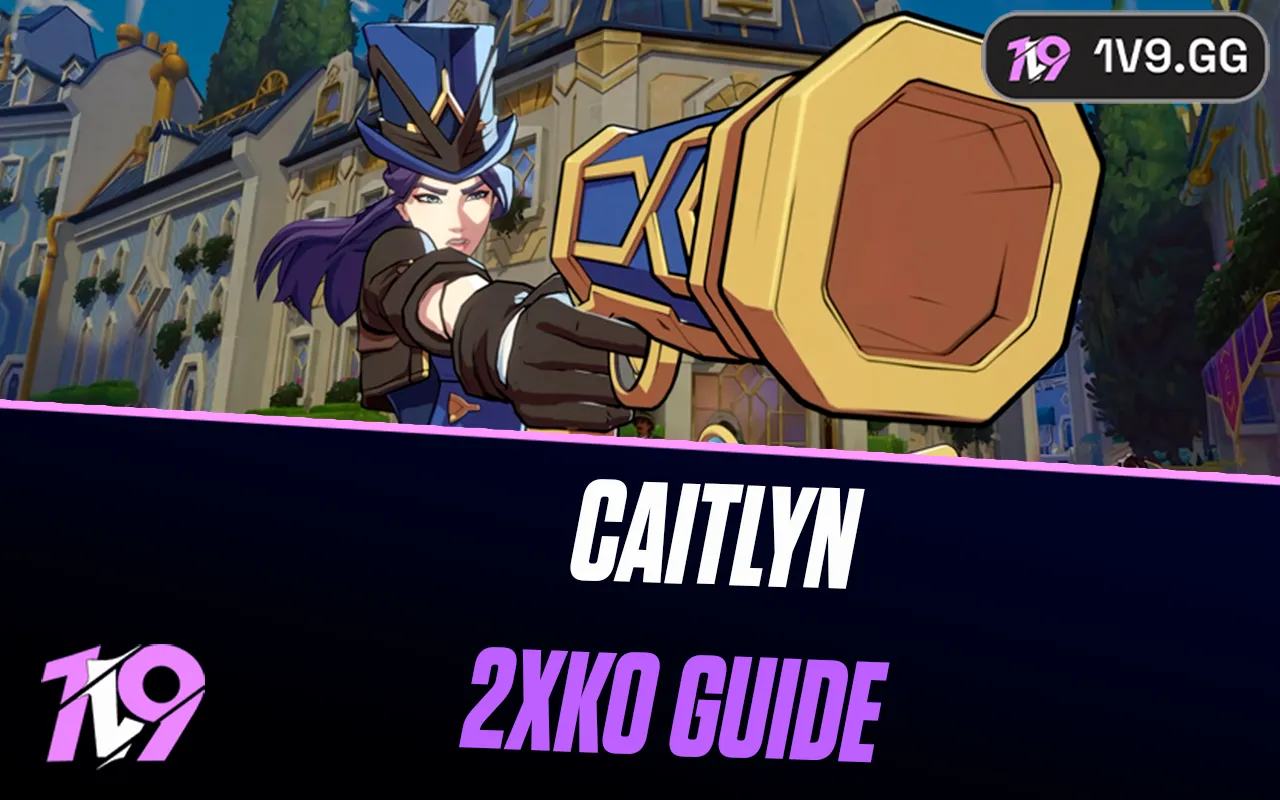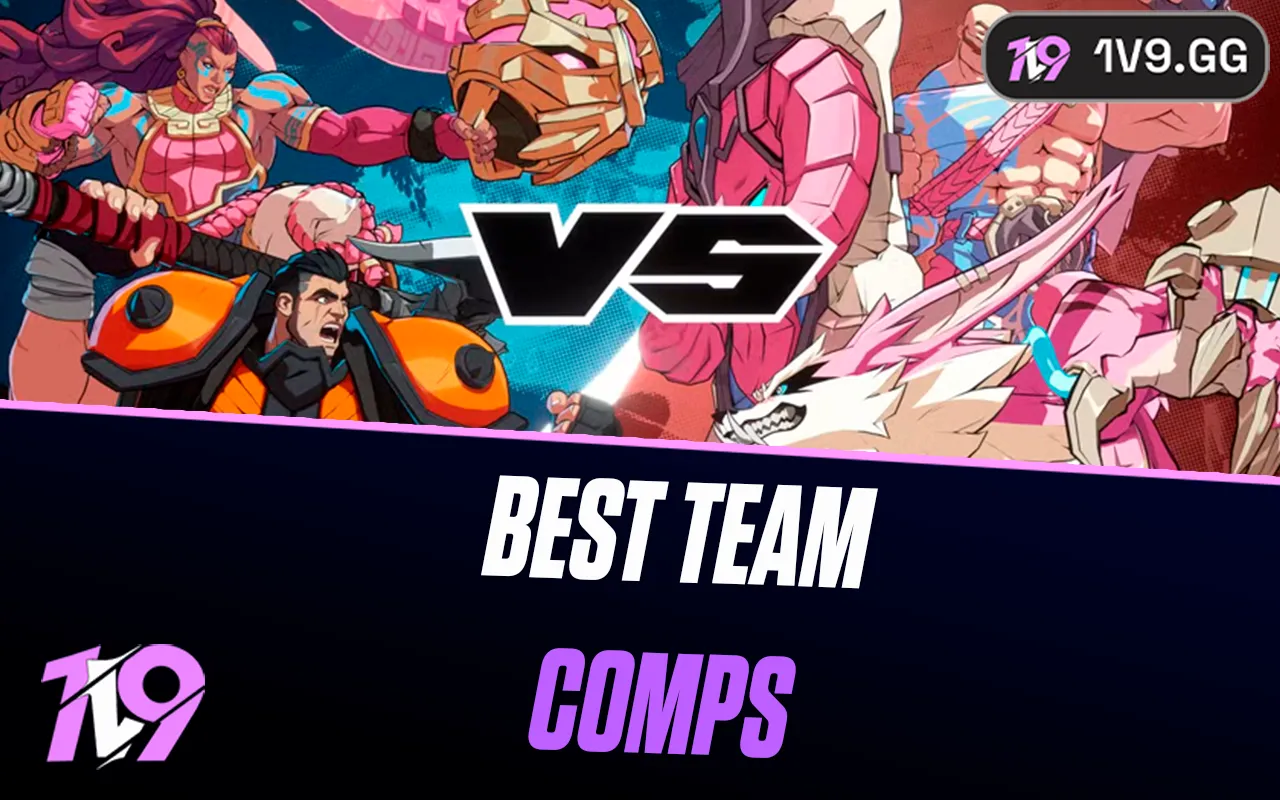- Home
Games
 League of Legends
League of Legends Valorant
Valorant-a6d5b3e156bb.webp) Fortnite
Fortnite Call of Duty
Call of Duty Clash of Clans
Clash of Clans GTA 5
GTA 5 Counter-Strike 2
Counter-Strike 2 Roblox
Roblox Rainbow Six Siege
Rainbow Six Siege Clash Royale
Clash Royale Minecraft
Minecraft Dota 2
Dota 2 Rocket League
Rocket League Genshin Impact
Genshin Impact Squad Busters
Squad Busters Rust
Rust Apex Legends
Apex Legends Pokemon Go
Pokemon Go XDefiant
XDefiant Hay Day
Hay Day LoL: Wild Rift
LoL: Wild Rift Diablo 4
Diablo 4 FC 25
FC 25 Destiny 2
Destiny 2 World of Warcraft
World of Warcraft Marvel Rivals
Marvel Rivals The Finals
The Finals Deadlock
Deadlock-9ede9dc6b01b.webp) PUBG Mobile
PUBG Mobile Forza Horizon 5
Forza Horizon 5 Growtopia
Growtopia Honkai: Star Rail
Honkai: Star Rail Warframe
Warframe 8 Ball Pool
8 Ball Pool Zenless Zone Zero
Zenless Zone Zero Runescape 3
Runescape 3 Path of Exile
Path of Exile Raid: Shadow Legends
Raid: Shadow Legends Lost Ark
Lost Ark Summoners War
Summoners War WoW: Classic Era
WoW: Classic Era WoW: Season of Discovery
WoW: Season of Discovery WoW Cataclysm
WoW Cataclysm WoW: Hardcore
WoW: Hardcore Throne and Liberty
Throne and Liberty Escape From Tarkov
Escape From Tarkov New World
New World Mobile Legends
Mobile Legends Blade Ball
Blade Ball Path of Exile 2
Path of Exile 2 Fisch
Fisch Pet Simulator 99
Pet Simulator 99 Pets Go
Pets Go-d8bcef7708c7.webp) One Piece Bounty
One Piece Bounty Anime Adventures
Anime Adventures Blox Fruits
Blox Fruits Adopt Me
Adopt Me Murder Mystery 2
Murder Mystery 2 Fragpunk
Fragpunk Wuthering Waves
Wuthering Waves Free Fire
Free Fire Teamfight Tactics
Teamfight Tactics Albion Online
Albion Online Black Desert Online
Black Desert Online Brawl Stars
Brawl Stars Honor of Kings
Honor of Kings Arena of Valor
Arena of Valor Call of Duty: Mobile
Call of Duty: Mobile Rematch
Rematch Steal a Brainrot
Steal a Brainrot Grow a Garden
Grow a Garden FC 26
FC 26 Plants vs Brainrots
Plants vs Brainrots Old School Runescape
Old School Runescape Overwatch
Overwatch Battlefield
Battlefield Arc Raiders
Arc Raiders Dragon Ball Legends
Dragon Ball Legends Fallout 76
Fallout 76 Jailbreak
Jailbreak Type Soul
Type Soul GPO
GPO DonutSMP
DonutSMP Escape Tsunami For Brainrots
Escape Tsunami For Brainrots Watcher of Realms
Watcher of Realms Roblox Rivals
Roblox Rivals 2XKO
2XKO- Lootboxes
- Become Affiliate
- Blog
- Contact Us
- Sign In

How Universities Are Building Esports Arenas and Training Facilities
Esports has grown into a major part of college life. Universities are investing in gaming facilities. These spaces help students compete at a high level. Schools recognize gaming as more than entertainment. It is now a professional industry with job opportunities.
College Education and Esports
Esports is now part of academic studies. Universities recognize gaming as more than entertainment. Some schools include courses in business, marketing, and game design. Learning expands beyond gameplay, covering teamwork, leadership, and strategic thinking. Schools provide scholarships for skilled players, helping them balance competition and education. Many programs introduce career pathways, allowing students to explore broadcasting, coaching, and game development.
The demand for academic assistance has increased among players managing studies and training. Many seek online help to complete assignments efficiently. Essay writing service Edubirdie offers professional support, helping students meet deadlines while staying competitive. Institutions encourage learners to develop time management skills, ensuring they excel in gaming and academics. Edubirdie provides professional writing assistance to help students maintain high academic performance. Expert writers assist with research papers, assignments, and essays. This support allows learners to focus on their gaming careers without compromising their education. Many players rely on these services to balance school responsibilities and competitive gaming.
Esports programs also focus on personal growth. Schools emphasize communication, critical thinking, and adaptability, which prepare students for future careers in various industries. Professors incorporate gaming-related studies into coursework, providing valuable insights into digital innovation. Some institutions offer degrees connected to esports management and event coordination.
The Growth of Esports in Colleges
Universities see gaming as a way to engage students. Competitive gaming attracts attention worldwide. Schools want to provide the right environment for players. Organized esports teams help students develop skills. These teams participate in national and global tournaments.
Colleges are creating official gaming programs. Some schools offer scholarships for players. These programs attract students who love esports. Schools also promote teamwork and strategic thinking. Competitive gaming requires discipline and dedication.
Designing Modern Esports Arenas
Schools build arenas to support competitive gaming. These facilities include high-end computers and equipment. Screens display matches in real time. Soundproof booths allow players to focus. Comfortable seating supports long practice sessions.
Some arenas include spaces for live audiences. Spectators watch games on large screens. Many arenas feature training rooms. Players use these areas to analyze gameplay. Streaming stations help teams broadcast matches. These spaces help schools compete at a professional level.
Technology Used in Esports Facilities
Esports arenas require cutting-edge technology. Schools invest in high-performance computers. These machines run games at optimal settings. Fast internet connections prevent lag. High-quality headsets improve communication. Special keyboards and mice enhance precision.
Many arenas include advanced streaming setups. Players record and broadcast games online. Schools use this content for training. Video analysis helps teams improve strategy. Live broadcasts attract viewers worldwide. This exposure brings more attention to college esports.
Funding for Esports Arenas
Building gaming facilities requires significant investment. Schools partner with technology companies. Sponsorships help cover costs. Local businesses sometimes provide support. Some universities receive grants for gaming programs. Donations from alumni also contribute to funding.
Corporate sponsors help fund esports teams. Many brands want to connect with gamers. These partnerships benefit both sides. Schools get financial backing. Companies gain marketing opportunities. Esports growth depends on these collaborations.
How Esports Training Works
Competitive gaming requires structured practice. Teams follow strict training schedules. Daily practice sessions improve gameplay. Players review previous matches. Coaches analyze mistakes and strengths. Training focuses on reaction time, strategy, and teamwork.
Physical fitness plays a role in esports success. Exercise helps improve concentration. Healthy habits reduce fatigue. Proper sleep enhances performance. Mental preparation is also crucial. Players learn how to handle pressure.
Essential Features of a Training Facility
- High-speed internet for smooth gameplay
- Powerful gaming computers with advanced graphics
- Ergonomic chairs for long practice sessions
- Large screens for reviewing game strategies
- Streaming setups for online broadcasts
- Separate spaces for solo and team practice
- Relaxation areas for mental breaks
The Role of Coaches in Esports
Teams need professional guidance to succeed. Coaches develop training plans. They analyze opponent strategies. Feedback helps players improve. Motivation and discipline are essential. Coaches build team chemistry.
Some universities hire full-time esports staff. These professionals manage programs. They schedule tournaments and events. Their role is similar to traditional sports coaches. Their goal is to help teams reach the highest level.
How Schools Attract Esports Talent
Universities recruit top gaming talent. Scholarships bring skilled players to campuses. Competitive teams boost school reputation. High-quality facilities attract more applicants. Schools promote esports as part of student life.
Recruitment follows a structured process. Scouts watch tournaments. Players receive invitations to join teams. Some schools hold tryouts. Gaming skills help students access higher education.
Esports and Career Opportunities
Competitive gaming leads to many career paths. Some players turn professional. Others work in the gaming industry. Job opportunities include coaching, event management, and game development. Broadcasting and content creation are also growing fields.
Colleges help students explore these careers. Internship programs connect learners with industry professionals. Some universities partner with gaming companies. These relationships open doors for future employment. Schools focus on long-term career development.
Mental and Physical Health in Esports
Maintaining good health is important. Schools encourage exercise and proper nutrition. Fitness training improves endurance. Rest and recovery prevent burnout. Mental health support is also available.
Stress management plays a key role. Competitive gaming can be intense. Universities provide counseling services. Meditation and relaxation techniques help players stay focused. A balanced lifestyle ensures long-term success.
How Universities Support Esports Growth
Colleges continue expanding esports programs. Investment in new arenas is increasing. More schools are forming competitive teams. Industry partnerships are strengthening. Technology keeps advancing.
Esports is changing higher education. Universities recognize gaming as a valuable field. The future looks promising for college esports. Schools will keep adapting to this growing industry.
Conclusion
Universities are making esports a major focus. Schools invest in facilities, scholarships, and academic programs. Competitive gaming offers new opportunities for students. Colleges see esports as a valuable part of campus life. Training centers and arenas improve player development. Partnerships with industry leaders help programs grow.
Career paths in gaming continue expanding. Esports-related jobs include coaching, broadcasting, and game development. Schools provide education that supports these careers. Mental and physical health remain important for success. Universities emphasize balance between gaming and well-being.
The future of college esports looks bright. Schools will continue expanding programs and building new facilities. Competitive gaming will attract more students. Universities will play a key role in shaping the future of esports.
Posted On: February 18th, 2025
Recent Articles
💬 Need help?
Our 1v9 support team is available 24/7 to help you with any questions or issues you may have.
support@1v9.gg
Loading...
1v9.gg is not endorsed or affiliated by any game developers or publishers.
2025 1v9, All Rights Reserved, Created By NightDev






